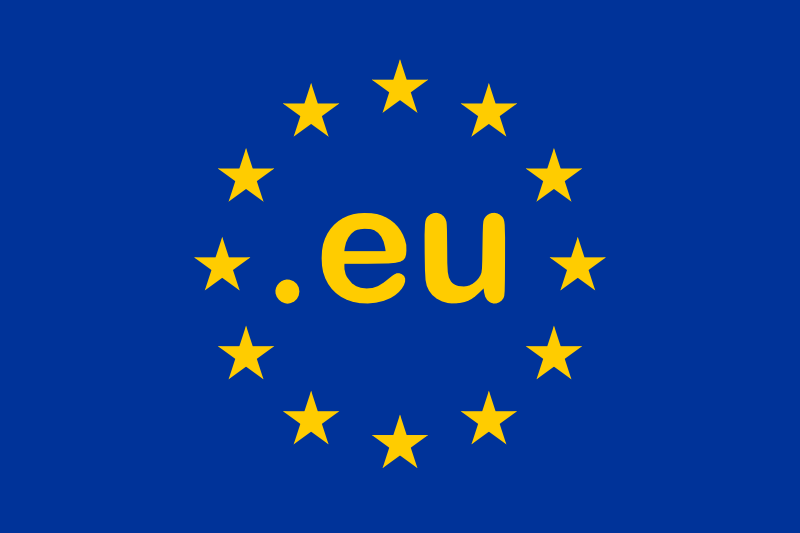EU foreign ministers express support for Czech EU presidency
 Hluboka Castle, Czech Republic - The European Union's foreign ministers Friday voiced their support for the Czech Republic, despite the country's government resigning midway through its tenure as the bloc's president.
Hluboka Castle, Czech Republic - The European Union's foreign ministers Friday voiced their support for the Czech Republic, despite the country's government resigning midway through its tenure as the bloc's president.
"We must strongly help the Czech presidency," said Italian Foreign Minister Franco Frattini during informal talks in the southern Czech Republic. "It would be a disaster if Europe was left without an authoritative and agreed line."
His German counterpart, Frank-Walter Steinmeier, said the informal talks in the southern Czech Republic would provide the bloc's top diplomats with a chance to back the troubled Czechs.
"This is the opportunity to reassure the presidency that despite the vote of no-confidence ... we will continue to work together," Steinmeier said.
Following a failed confidence test in parliament, the three-party center-right government of Prime Minister Mirek Topolanek resigned on Thursday, governing since in a caretaker role.
And there have been growing concerns that the political crisis may undermine the EU's presidency, which is in the Czech Republic's hands until June 30.
Czech President Vaclav Klaus, an EU critic who gets to appoint a new premier, said Thursday he would be seeking a rapid solution to the crisis, rather than wait until the presidency is over.
Danish Foreign Minister Per Stig Moller described latest developments in Prague as "serious".
"It is difficult if you are supposed to talk on behalf of the whole EU, and cannot even talk on behalf of your own country," Stig Moller said.
Ironically, Italy and Denmark both suffered changes of government while holding the EU's six-month rotating presidency, in the 1990s.
Topolanek has also warned that the bloc's reforming pact, the Lisbon Treaty, which he signed on Prague's behalf in December 2007, would also be threatened by his government's collpase.
The treaty, which has been stalled since Irish voters rejected it in a referendum, currently awaits a vote in the Czech parliament's upper house, as well as a new referendum in Ireland.
"Let's hope that what many fear, with good reason, will not happen," Steinmeier said. "The situation in the Senate has become more difficult."
All 27 member states must approve the Lisbon Treaty for it to come into force.
Most of the ministers attending the talks in the Hluboka Castle played down concerns that the treaty could be buried by the Czech Senate.
"I don't think it is going to affect the ratification process (any) more than the Irish referendum," said Finnish Foreign Minister Alexander Stubb. (dpa)